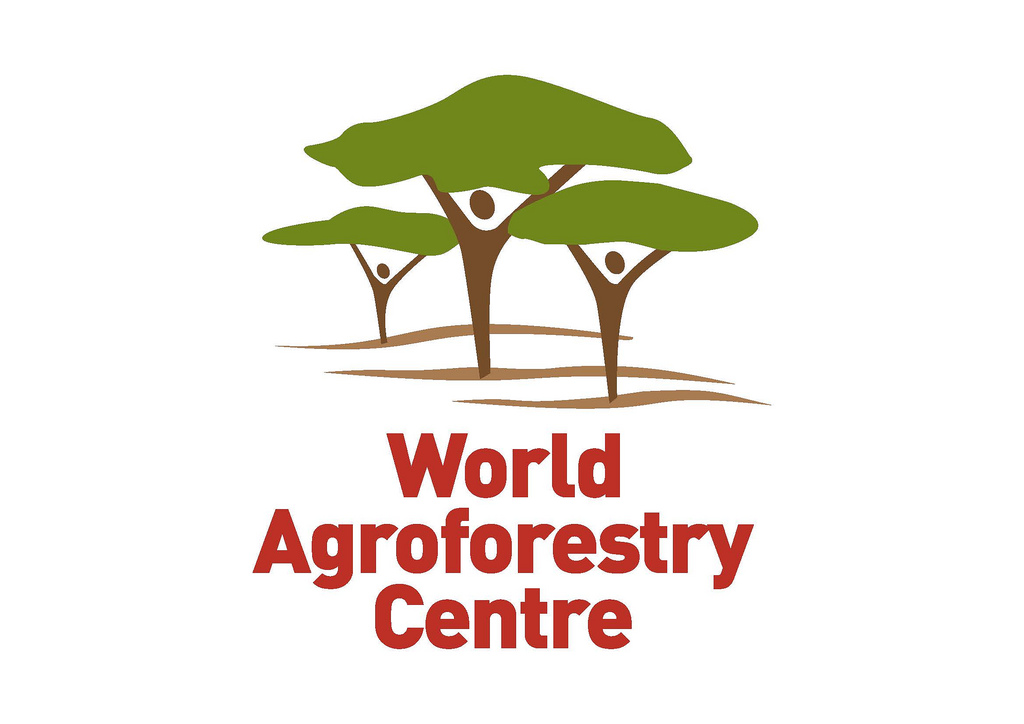Location
The World Agroforestry Centre (ICRAF) is a CGIAR Consortium Research Centre. ICRAF’s headquarters are in Nairobi, Kenya, with six regional offices located in Cameroon, China, India, Indonesia, Kenya and Peru.
The Centre’s vision is a rural transformation throughout the tropics as smallholder households increase their use of trees in agricultural landscapes to improve their food security, nutrition security, income, health, shelter, social cohesion, energy resources and environmental sustainability.
ICRAF's mission is to generate science-based knowledge about the diverse benefits - both direct and indirect - of agroforestry, or trees in farming systems and landscapes, and to disseminate this knowledge to develop policy options and promote policies and practices that improve livelihoods and benefit the environment.
The World Agroforestry Centre is guided by the broad development challenges pursued by the CGIAR. These include poverty alleviation that entails enhanced food security and health, improved productivity with lower environmental and social costs, and resilience in the face of climate change and other external shocks.
ICRAF's work also addresses many of the issues being tackled by the Sustainable Development Goals (SDGs) that aim to eradicate hunger, reduce poverty, provide affordable and clean energy, protect life on land and combat climate change.
Members:
Resources
Displaying 21 - 25 of 146Sustainable intensification in smallholder agriculture: an integrated systems research approach
First published 2017
Land use affects total dissolved nitrogen and nitrate concentrations in tropical montane streams in Kenya
African tropical montane forests are facing fast and dynamic changes in land use. However, the impacts of these changes on stream water quality are understudied. This paper aims at assessing the effect of land use and physical catchment characteristics on stream water concentrations of dissolved organic carbon (DOC), total dissolved nitrogen (TDN), nitrate (NO3-N) and dissolved organic nitrogen (DON) in the Mau Forest, the largest tropical montane forest in Kenya.
How Agroforestry Propels Achievement of Nationally Determined Contributions
Nationally Determined Contributions (NDCs) have emerged as the main tool for defining, communicating and potentially reporting party contributions to the Paris Agreement on climate change. Agroforestry has been identified as a key part of most developing country NDCs, hence it is a potentially important contributor to global climate objectives. This policy brief seeks to explore the degree to which agroforestry is represented in current NDCs ambitions, how its application is envisaged and how its contribution could be enhanced.
Invest in climate-smart soil and land health
Better soil health can increase agricultural productivity. Restoration activities can build on-farm resilience and contribute to climate change adaptation and mitigation.
Land and soil health surveys can improve crop modeling predictions under various climate scenarios and guide more targeted interventions.
Currently, most assessments of land and soil health do not consider the social, ecological, and biophysical constraints, or acknowledge the variations in the landscape.



